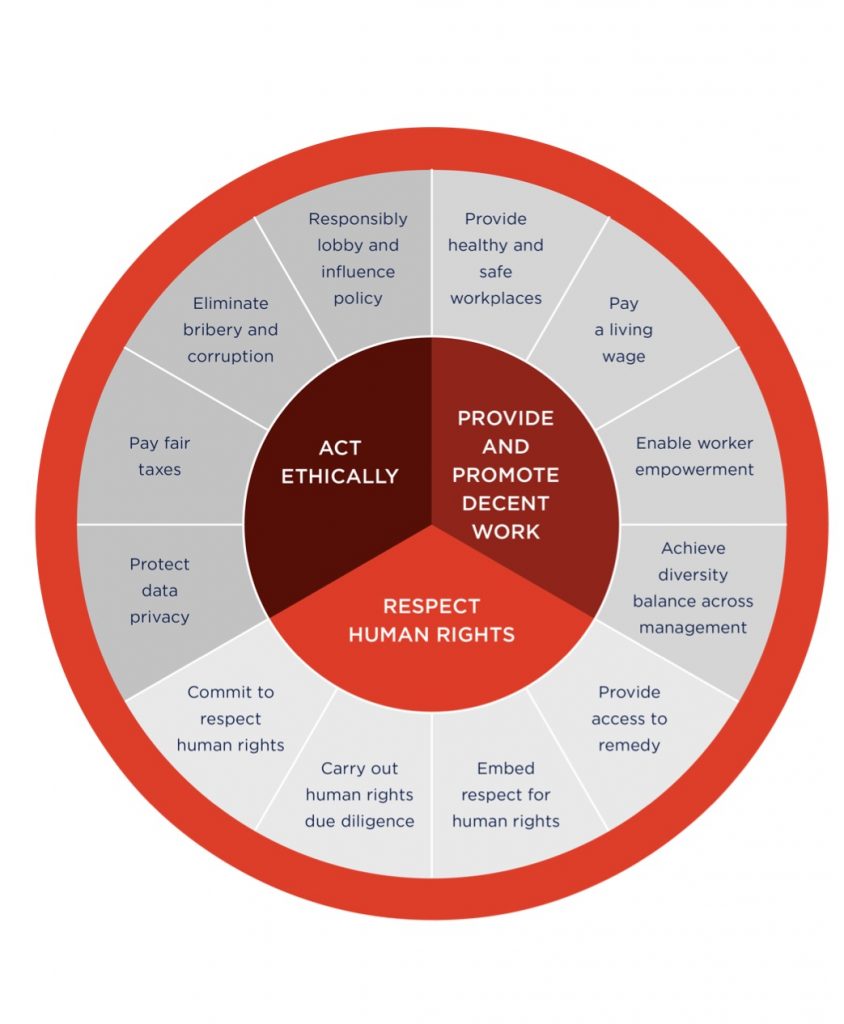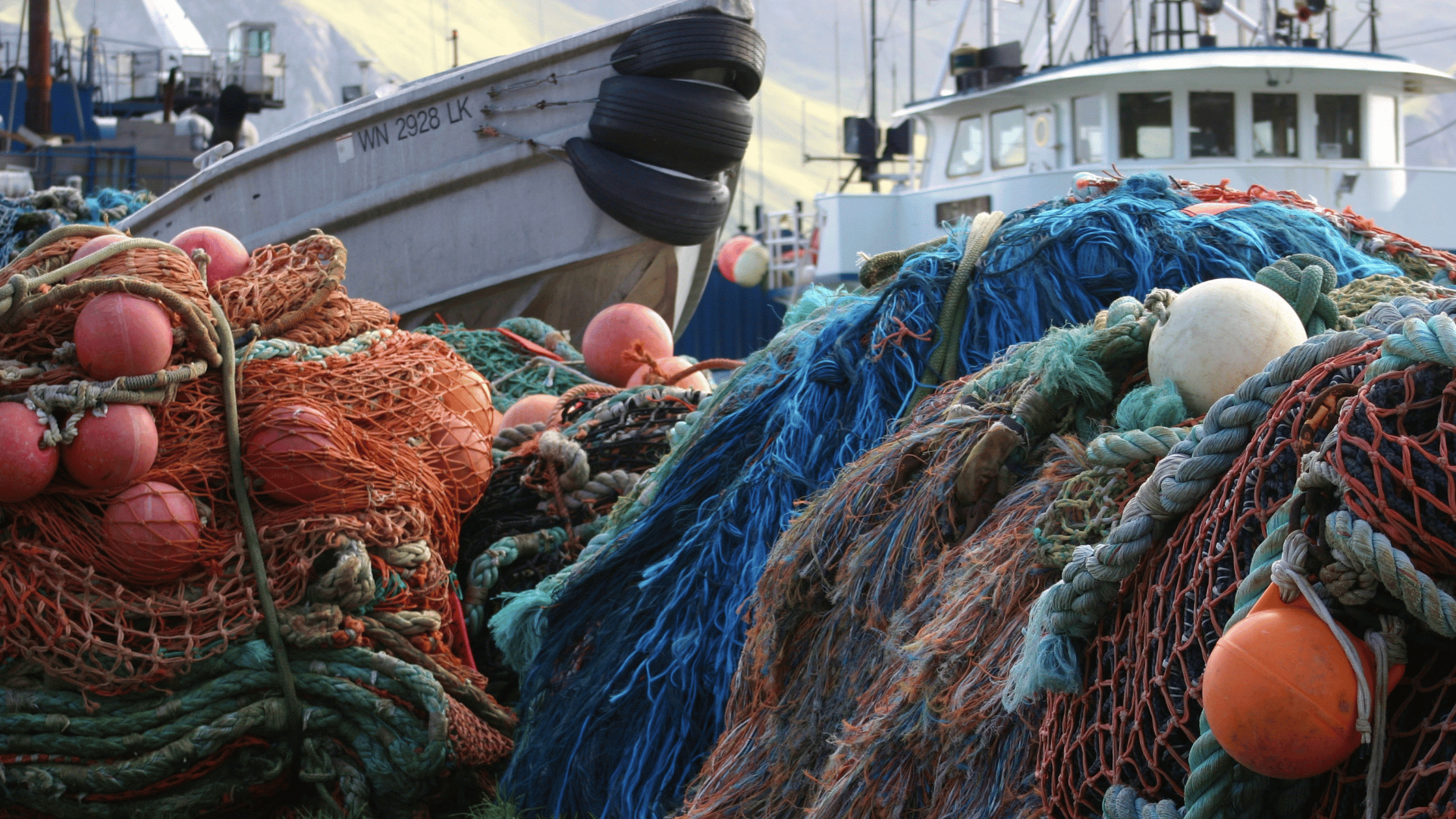World Benchmarking Alliance
WBA is an independent organisation that is building a movement to measure and incentivise business impact towards a sustainable future that works for everyone, in line with the Sustainable Development Goals (SDGs). WBA develops a series of benchmarks assessing 2,000 of the world’s most influential or keystone companies, ranking and measuring them on their contributions to the SDGs.
One of those benchmarks is the Seafood Stewardship Index which assesses the 30 most influential seafood companies globally across four measurement areas: Governance and Strategy, Ecosystems, Traceability and Social Responsibility.
Challenge
To achieve the SDGs by 2030, human rights must be respected, inequalities need to be tackled head on and the current societal structures that constrain people from living a self-determined life must be transformed.
WBA’s expectations on social responsibility in the seafood sector are laid in the Seafood Stewardship Index’s social responsibility indicators. These include a set of core social indicators (which are applied in all WBA benchmarks) and a set of seafood specific indicators.

Core social indicators lay out high-level societal expectations that companies should meet if they aspire to be part of a future that leaves no one behind, as formulated in the SDGs. These expectations are divided into three areas, namely: respect human rights, provide and promote decent work and act ethically. Respecting human rights underpins decent work and ethical behaviour. Human rights expectations are rooted in the ILO Declaration on Fundamental Principles and Rights at Work and the UN Guiding Principles on Business and Human Rights (UNGPs). With regards to decent work, WBA has selected four core topics: living wages, diversity and balance, healthy and safe workplaces and worker empowerment.
Seafood specific social responsibility indicators build on the core social indicators and focuses on key topics in the industry including forced labour, working and living conditions on-board fishing vessels and farmer and fisher resilience.
Strategy
The Seafood Stewardship Index benchmarks the 30 most influential (keystone) companies. These are selected based on 5 criteria, namely revenues, position in the value chain, global reach trough subsidiaries, involvement in governance processes and footprint in developing countries. One way to encourage companies to become better stewards and transition to a more sustainable and responsible seafood industry is to benchmark their sustainability performance. Indeed, it has been shown that benchmarks work for five core reasons. First, benchmarks clarify what society expects from industries and companies. Second, they clarify where and how companies can contribute to sustainability. Third, they promote a race to the top. Fourth, they help track progress. Fifth, they are a proven and effective engagement tool.

Outcome
The 2021 Seafood Stewardship Index revealed that seafood companies are falling short on addressing human and labour rights. When it comes to protecting human rights, 15/30 companies lack a comprehensive commitment to protect human rights in their operations and supply chains and only 3/30 companies have a comprehensive commitment to prohibit forced labour. Even when commitments are in place, these are usually not followed by robust procedures, with only 1/30 company having a full due diligence mechanism in place. Without due diligence in place, companies cannot identify, assess and act on human rights risks in their business activities and supply chains.
With regards to grievance mechanisms, we found that 13/30 companies indicate having one or more mechanisms accessible to all workers, to raise complaints or concerns but only 9/30 having such a mechanisms available to external individuals and communities.
With regards to health and safety, a third of the companies still do not have a commitment to respect the health and safety of workers in their operations and their supply chains. When zooming in specifically on working and living conditions on board fishing vessels, only 8 companies have an explicit policy to address this issue and only 2 of those companies complement this commitment with monitoring procedures. Fishing companies and buyers can help improve working and living conditions on board fishing vessels by supporting the development and implementation of social responsibility standards that are in line with relevant ILO conventions in their own operations and/or on vessels in their supply chains.
More details on the social responsibility findings will be forthcoming in an insight report.
Looking Forward
The benchmark findings are publicly available and free for everyone to use. First, the findings can be used by companies as a roadmap and a tool to understand where they stand in relation to the SDGs and their social responsibility and how they can improve. Second, the findings can be used by various stakeholders who work with and/or have influence over those companies and the industry as a whole to support improvements. Financial institutions can use the index results as a tool to guide
responsible investment, stewardship and engagement with the companies in scope. Civil society organisations can use the results to inform their activities and campaigns. Policymakers can use the results to inform policy priorities that support and require improvements, identifying where voluntary action has not sufficiently led to systems change.
Over the coming year, WBA will be working with companies, financial institutions, civil society organizations and policy-makers to socialize and use the results to drive change. To learn more, reach to Helen Packer, Lead Seafood Stewardship Index.
